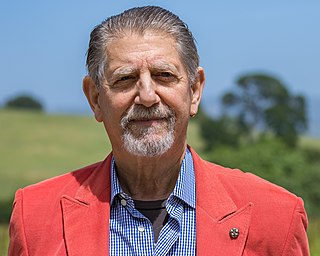A Quote by Henry James
Art requires, above all things, a suppression of self, a subordination of one's self to an idea.
Quote Topics
Related Quotes
It is man's intrinsic and irreducible self-responsibility to humanize himself, to exercise his entire range of rational and moral resources to raise his mode of being and seeing and acting above not just that of animals, but also above that of the majority of subhuman (never to be self-realized) humans who will never draw themselves into a self-punishing position of focal self-diagnosis and self-accountability.
The idea of duty, that recognition of something to be lived for beyond the mere satisfaction of self, is to the moral life what the addition of a great central ganglion is to animal life. No man can begin to mould himself on a faith or an idea without rising to a higher order of experience: a principle of subordination, of self-mastery, has been introduced into his nature; he is no longer a mere bundle of impressions, desires, and impulses.
It is a mistake to look at someone who is self assertive and say, "It's easy for her, she has good self-esteem." One of the ways you build self-esteem is by being self-assertive when it is not easy to do so. There are always times when self-assertiven ess requires courage, no matter how high your self-esteem.
The idea of absolute freedom is fiction. It's based on the idea of an independent self. But in fact, there's no such thing. There's no self without other people. There's no self without sunlight. There's no self without dew. And water. And bees to pollinate the food that we eat...So the idea of behaving in a way that doesn't acknowledge those reciprocal relationships is not really freedom, it's indulgence.
To deny one's self, to take up the cross, denotes something immeasurably grander than self-imposed penance or rigid conformity to a Divine statute. It is the surrender of self to an ennobling work, an absolute subordination of personal advantages and of personal pleasures for the sake of truth and the welfare of others, and a willing acceptance of every disability which their interests may entail.





































